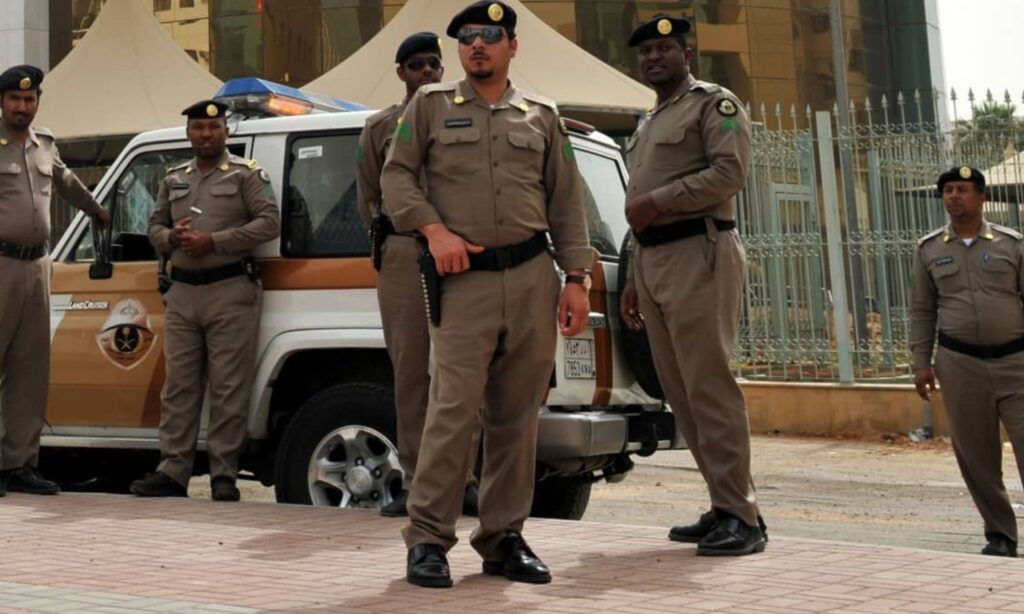The Saudi authorities announced the execution of two Syrian nationals who were said to be involved in drug smuggling.
The Saudi Press Agency (SPA), quoting the Ministry of Interior, stated that the ministry issued a statement regarding the execution of the death sentence against two criminals in the Tabuk region.
According to the statement, Imad Mahmoud Hussein and Mustafa Mahmoud Hussein, both of Syrian nationality, were arrested while smuggling amphetamine pills, and the investigation led to their indictment.
Upon referral to the court, a decree was issued confirming their guilt, and they were sentenced to execution as a punishment. The verdict was upheld by the Court of Appeal and the Supreme Court, and a royal decree was issued to enforce what was legally endorsed.
The execution was carried out on Saturday, May 11th, in the Tabuk region, with the Saudi Interior Ministry emphasizing the government’s commitment to combating drugs of all kinds due to the severe harm they cause to individuals and society, and enforcing the harshest penalties on the perpetrators.
The issue of drug smuggling from Syria to the Gulf through Jordan is a complex matter that Arab countries are seeking to address with the Syrian regime, requiring continuous meetings and ministerial-level discussions, although without leading to a cessation of smuggling attempts.
At the end of last March, the Saudi Zakat, Tax and Customs Authority announced the seizure of more than one million pills of the drug “Captagon”, which were hidden in a shipment of yellow melons at the Duba port, coming from abroad.
While Saudi Arabia has not specified who is responsible for the entry of drugs into its territory, the Syrian regime is pointed to as the main source of the narcotic pills, this includes the “Jordanian Initiative” for the solution in Syria addressing neighboring countries’ concerns about drug smuggling from Syria in its second phase.
On February 17th, the Jordanian Interior Minister, Mazen al-Faraya, announced the establishment of a joint contact cell including liaison officers from Jordan, Syria, Iraq, and Lebanon, concerned with exchanging expertise on drug smuggling operations.
The cell expanded on February 26th, following al-Faraya’s announcement, with Egypt joining after he met his Egyptian counterpart, Mahmoud Tawfiq, on the sidelines of the Arab Interior Ministers’ meeting.

